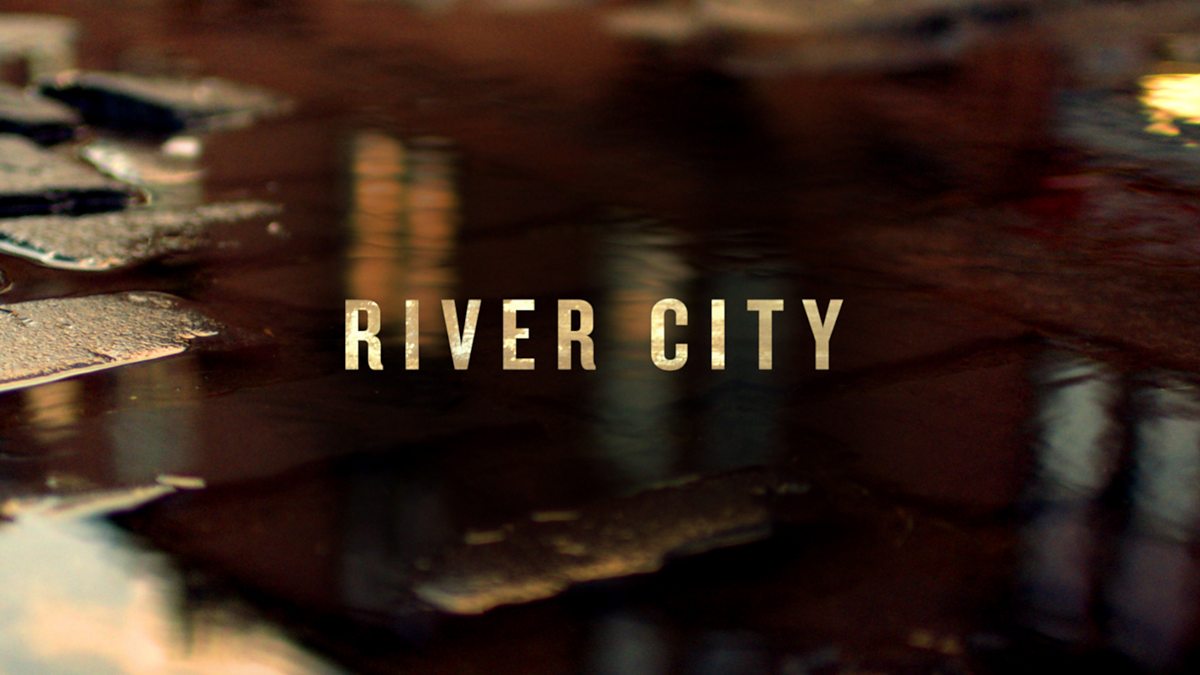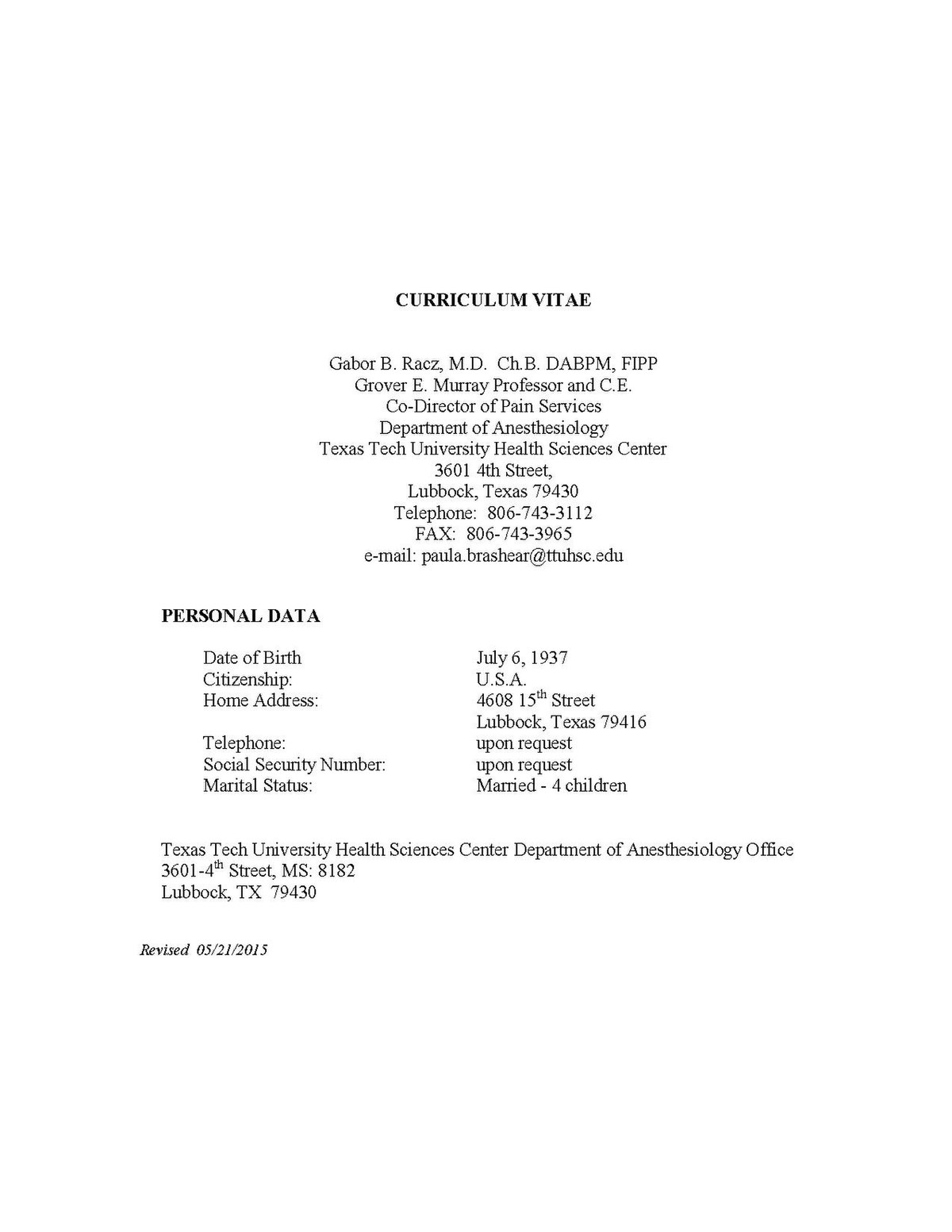
Thursday, 21 July 2022
I'm writing River City!

Friday, 1 July 2022
WHAT GOES IN A SCREENWRITER'S CV? - Screenwriter's Survival Kit
Curriculum vitae, CV or a resume - whatever you call it, almost every job requires one. It's basically a combined work history along with a quick pitch for you yourself and your skills. When it comes to writing, there will be times (especially when you are without an agent) where you will be asked for one, or it will be handy to have to provide a little more context about your and your work.

However, just like there exist many templates for non film/TV CVs, what a CV in this field needs to look like varies. For writers, my advice is one of emphasis: sell YOU and what YOU OFFER. A bunch of waffle about your hobbies or some swimming prize at school (or for that matter, a long list of where you went to school) won't help. Focus on what you write/have written, what you've won and what makes your voice different and special.
Let me breakdown on what to include (this is what has worked for me in the past, and it's how I was taught by a film producer). This applies both to total newbies and those of you who have/'are building a small body of work. Maybe you've even scored your first commission (congrats!) and want to know how to best present/highlight that. Here's my steps:
1. Full name. Ideally in a bold font. I'd also recommend keep this, 2 and 3 center-aligned: it's more appealing. Don't bother with wacky Publisher designs and colours.
2. Contact info and personal websites - your blogs, your social media profiles (that you want to share - all this is info you have to be okay with a potential producer/collaborator looking at). Also, when you get an agent - put their details here.
3. Write a Brief introduction – this is just a quick summary of where you’ve studied and what you’ve worked on. Succinctness is really key here, and tie it all into your goals to work in this industry - 2 paragraphs and boom. Why does it make YOU matter, why does this make YOUR STORIES special.
4. Your credits – everything you’ve worked on in film/TV, and I do mean everything. Episodes, features, shorts, web series etc. Don't fuss too much over the chronological order - focus on the ones that you think are the best/have gotten the most attention. If you can, include hyperlinks to them.
5. Development – any other script projects you are working on right now AKA your spec scripts. Don’t need to be finished, and despite the name, don't have to be ones you have sold to a real production company: just mention them quickly here with a logline (a short description that contains the hero, villain and the conflict of the story) and if there is a treatment available (always good for gauging interest and building a little early interest).
6. Additional credits – everything that isn’t film or TV. These will be useful if you're newer to screenwriting and need to bulk up the CV. Books, short stories, comics, podcasts, plays, games, visual novels etc. Like with social media, only share what you want people to see (I'd avoid fanfiction, though fan projects like fan films or audios can be used, depending on the quality of the production).
7. Education – as you build more credits, you won’t really need this, but list where you’ve studied at University level. No need for anything earlier than that - doesn't serve any purpose. If you went on a specialized course, or a major school (like Met Film, NFTS etc.), it may be worth mentioning a notable teacher or mentor from the industry. Never know who you could bump into out there, after all, and a familiar name can always be a hand.
And there you have, seven steps to a more useful CV. Hope that helps out.

